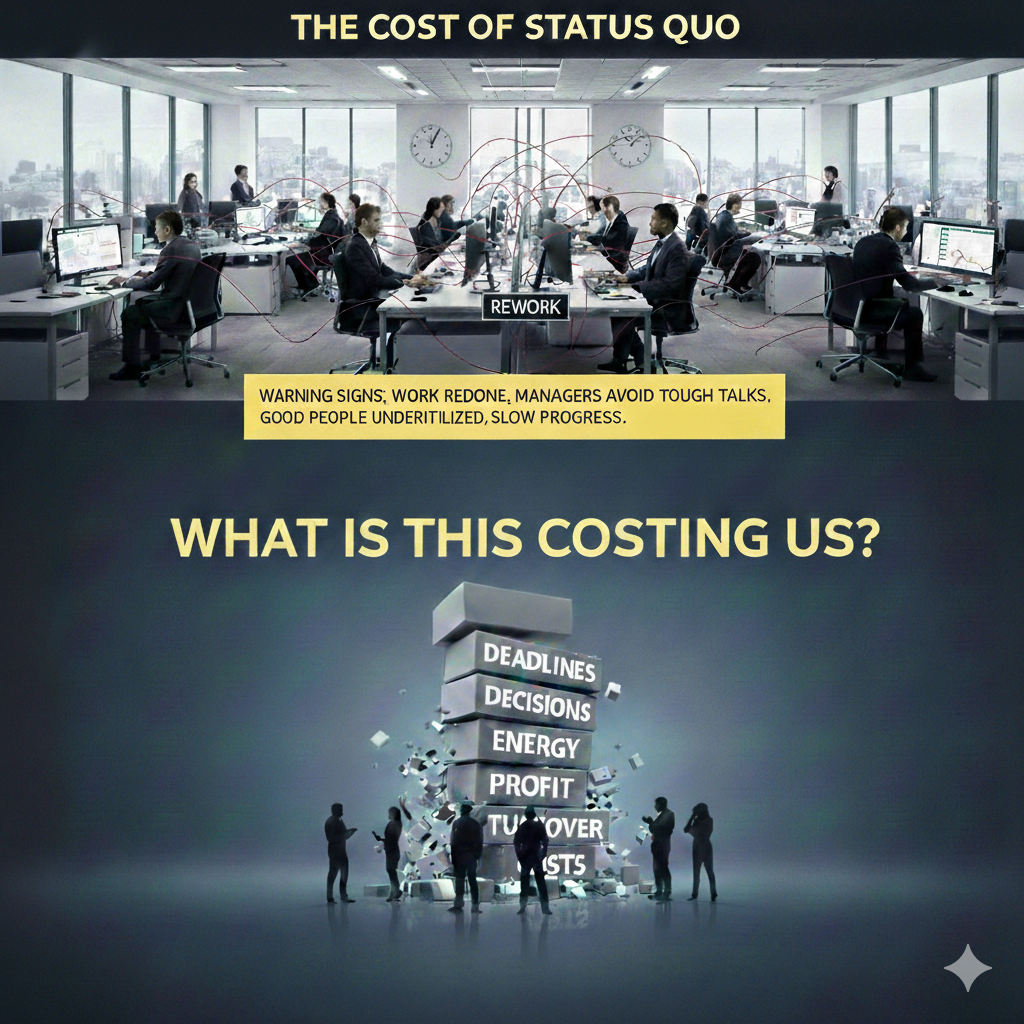Start the Year by Finding Your Purpose

“If you can't figure out your purpose, figure out your passion. For your passion will lead you right into your purpose.” T.D. Jakes
“If you have felt hopeless, hold on! Wonderful changes are going to happen in your life as you begin to live it on purpose.” Rick Warren
We are all wired differently. We have different interests and different strengths. What one person finds tedious others love to do. When we are in flow or in the zone, using our strengths in an area of interest, we are happier and more successful. We have positive energy which contributes to a positive workplace culture and strong results.
Everyone has something to offer to this world. When we figure out our passion – something that we love a lot – and determine how we can leverage this passion to serve others, we have found our purpose. This positions us to add great value to the world around us and enjoy doing it!
Many people can’t articulate their passion nor their purpose. They go through life day-by-day without a feeling of self-worth. They don’t feel inspired. Society misses out on what these individuals could offer the world around them.
If you don’t know your passion or purpose, this could be good time to identify them. Take time to think about the things you really enjoy and how these interests can be exercised in your work or life. Position yourself for a wonderful new year.
- Put on your thinking cap and jot down:
- What you liked to do in your spare time when you were 10 to 12 years old
- What you like doing now
- What you would like to be doing more of
2. Review the three lists and identify a theme or interest that is common to 2 or 3 of your lists. This is likely a passion for you.
3. How could you add value to your organization, community, family, or friends by leveraging this passion? This contribution to the world around you could be your purpose in life.
What will you do in 2023 to increase your joy in life by exercising your passion and purpose?

